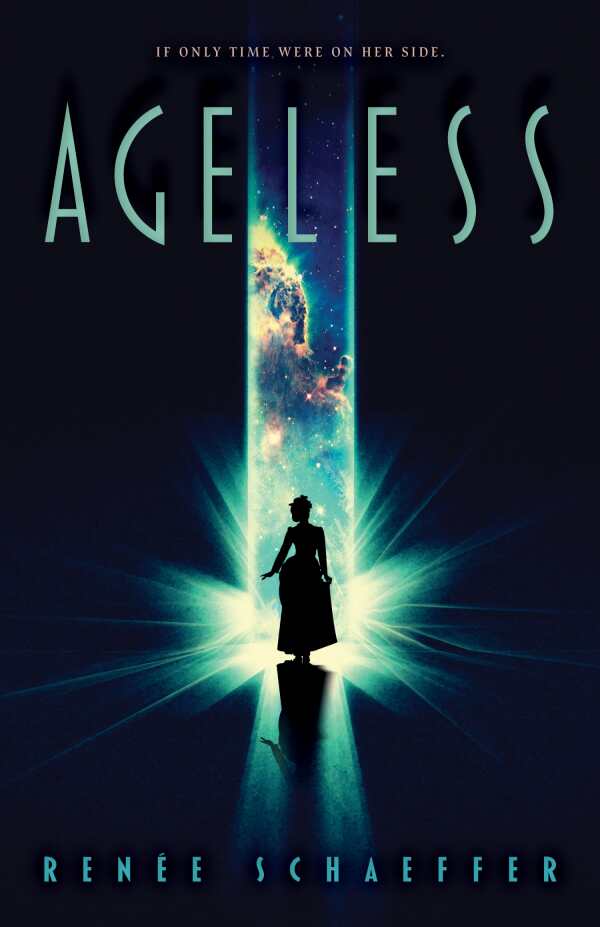Ageless
In Renée Schaeffer’s distinctive novel Ageless, an immortal woman struggles through centuries of tremendous social, scientific, and political changes.
Naissa is born into a loving family in 1850, but she loses them to shellfish poisoning at a family dinner. The poison doesn’t affect her, and once she becomes a woman, she realizes that her body doesn’t age either. This anomaly becomes dangerous when others grow old and notice that she does not. Forced to change identities every few decades, she suffers serial losses of loved ones, demonstrating immortality’s cruel monotony. Naissa vows to stop loving to avoid being hurt—unless she can find other ageless people.
Naissa narrates most of the novel; the chapters are assigned a date range and are prefaced by summaries of each era’s major events, helping to contextualize Naissa’s long personal history. Brief interludes from other perspectives are scattered throughout; these breaks from the immortality dilemma include notes on scientific experiments and missives from Rys, a person shrouded in mystery. Questions about how these outside interludes connect to Naissa’s story drive the plot forward, as do questions about the value of eternal life.
The prose changes with the centuries, moving from ornate, upper-class Victorian diction to idioms from the twentieth and twenty-first centuries and then to technology jargon that reflects Naissa’s scientific accomplishments. By the time she becomes a part of space travel, Naissa is in worldwide demand as a genetics expert; exposure could place her body and soul in peril, and this realization builds intrigue, as does the fact that aberrant but lasting love seems within her grasp.
Ageless transforms from a Gothic orphan tale to a gripping story centering women’s power.
Reviewed by
Michele Sharpe
Disclosure: This article is not an endorsement, but a review. The publisher of this book provided free copies of the book to have their book reviewed by a professional reviewer. No fee was paid by the publisher for this review. Foreword Reviews only recommends books that we love. Foreword Magazine, Inc. is disclosing this in accordance with the Federal Trade Commission’s 16 CFR, Part 255.

